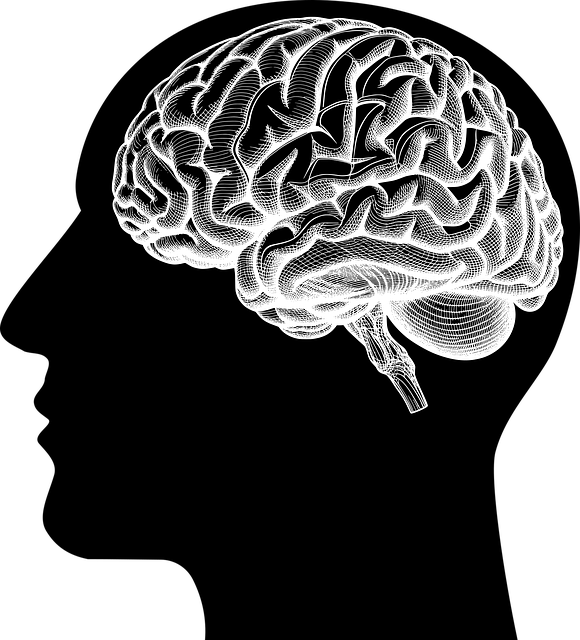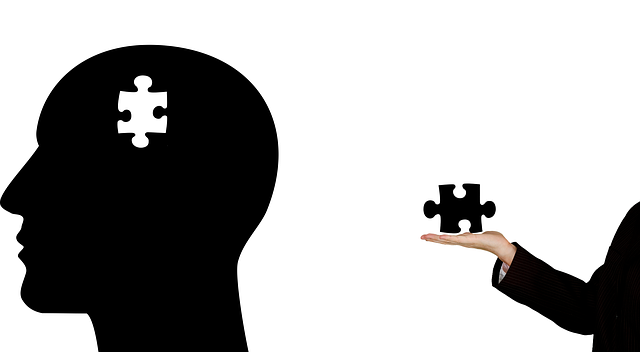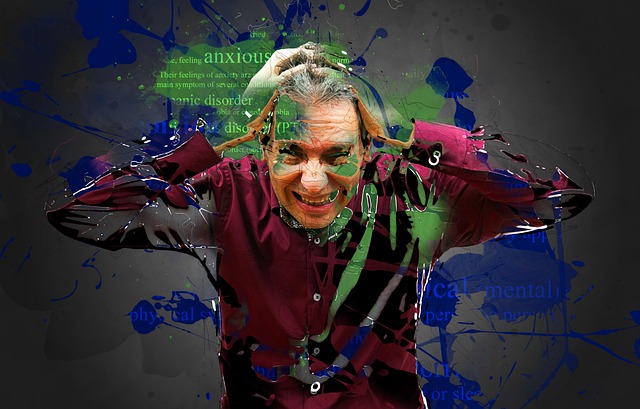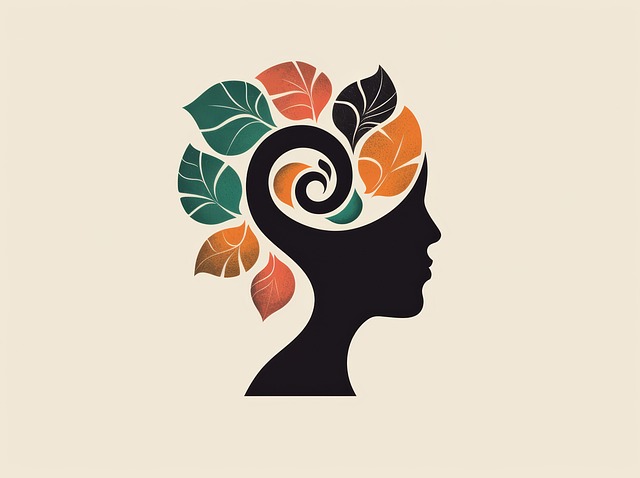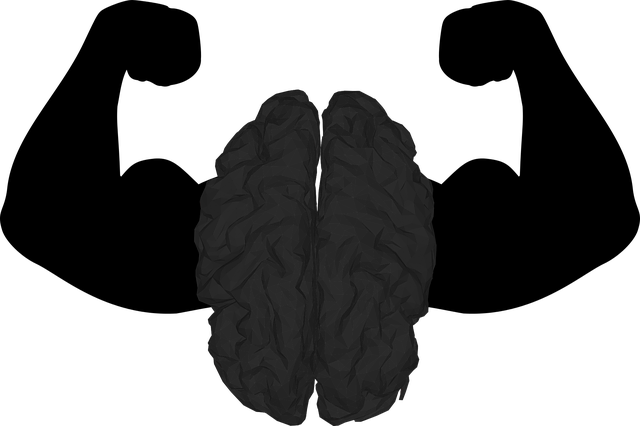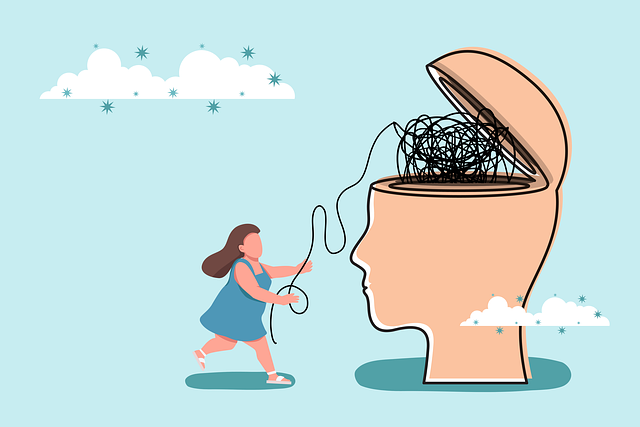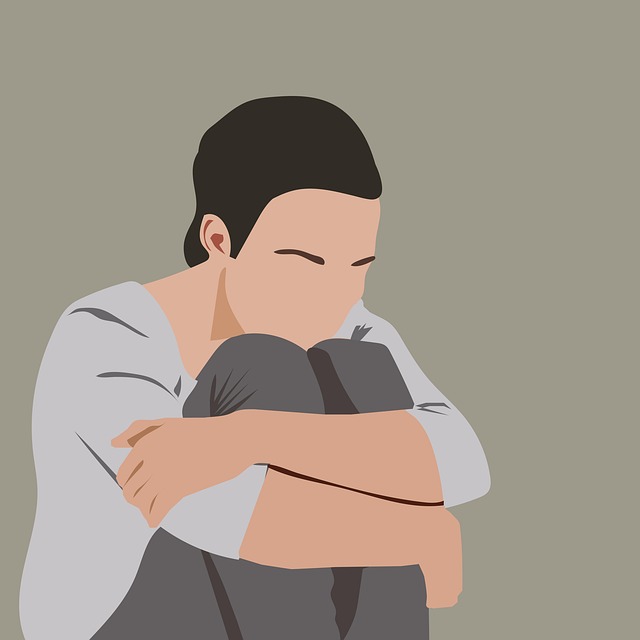TL;DR:
Adolescent teens who have experienced sexual abuse require specialized therapy like group facilitation for safe connection, open dialogue, and trauma processing. Key tools include peer storytelling, public awareness campaigns to boost self-esteem, and integrated approaches like EMDR and mindfulness practices. These tailored strategies aim to improve mental wellness, equip teens with social skills and resilience, and facilitate healing from sexual abuse, focusing on Therapy for Adolescent Teens Sexual Abuse Survivors.
Mental wellness group facilitation plays a pivotal role in healing and empowering adolescent teens who have survived sexual abuse. This article delves into the unique needs of this vulnerable population, offering insights on creating safe spaces through evidence-based techniques. We explore strategies to facilitate supportive group environments, focusing on trauma healing for young survivors. By understanding the complexities of their experiences, facilitators can provide effective therapy tailored to meet their specific requirements.
- Understanding the Unique Needs of Adolescent Teens Sexual Abuse Survivors
- Facilitating Safe and Supportive Group Environments
- Evidence-Based Techniques for Effective Group Facilitation in Trauma Healing
Understanding the Unique Needs of Adolescent Teens Sexual Abuse Survivors

Adolescent teens who have survived sexual abuse face unique challenges that require tailored therapeutic approaches. This demographic often grapples with complex emotions and experiences that can significantly impact their mental wellness. Group facilitation plays a crucial role in their healing journey, offering a safe space for connection and support. By fostering an environment that encourages open dialogue, facilitators can help survivors process their traumas effectively.
Empathy building strategies are essential tools in this context. Facilitators should create opportunities for peers to share their stories, fostering understanding and compassion among the group. Public awareness campaigns development around sexual abuse can also be integrated into therapy sessions, encouraging open conversations and promoting self-esteem improvement. These initiatives ensure that survivors feel seen, validated, and empowered while navigating their healing process.
Facilitating Safe and Supportive Group Environments

Creating a safe and supportive environment is paramount when facilitating groups for adolescents who have experienced sexual abuse. This involves establishing clear boundaries and ground rules from the outset, ensuring every participant feels heard, respected, and valued. Facilitators should encourage active participation through open-ended questions, fostering an atmosphere where sharing personal experiences is normalized and non-judgmental.
Promoting self-care routines for better mental health is a key aspect of group therapy for these survivors. By integrating activities that focus on mindfulness, stress management, and healthy coping mechanisms, facilitators can empower teens to develop essential social skills and build resilience against depression prevention. This holistic approach not only aids in the healing process but also equips participants with valuable tools to navigate future challenges.
Evidence-Based Techniques for Effective Group Facilitation in Trauma Healing

Evidence-based techniques play a pivotal role in facilitating effective group therapy sessions for trauma healing among adolescent teens who have experienced sexual abuse. One such powerful method is Eye Movement Desensitization and Reprocessing (EMDR), which has gained significant recognition in treating post-traumatic stress disorder (PTSD). EMDR combines eye movements or other bilateral stimulation with guided memory recall of the traumatic event, helping individuals process and reduce the emotional intensity associated with their experiences. This technique not only aids in anxiety relief but also fosters a sense of safety and empowerment within the group setting.
Additionally, incorporating mindfulness practices into group facilitation offers valuable burnout prevention strategies for healthcare providers working with these vulnerable populations. Mindfulness meditation exercises can help participants cultivate present-moment awareness, regulate emotions, and develop coping mechanisms to manage distressing symptoms. Encouraging regular mental wellness journaling exercises can further strengthen this process by providing adolescents with a private space to reflect on their experiences, track progress, and explore personal insights. These evidence-based techniques collectively contribute to creating a supportive environment where trauma survivors can begin their journey towards healing and recovery.
Mental wellness group facilitation plays a pivotal role in supporting adolescents who have experienced sexual abuse, offering them a safe space to heal and connect. By understanding the unique needs of this vulnerable population, facilitators can create supportive environments that foster trust and encourage open communication. Evidence-based techniques, such as trauma-focused cognitive-behavioral therapy, are instrumental in facilitating effective group sessions, promoting resilience, and enhancing the well-being of young survivors. These strategies ensure that adolescents receive specialized care tailored to their needs, ultimately contributing to their mental wellness and recovery journey.


